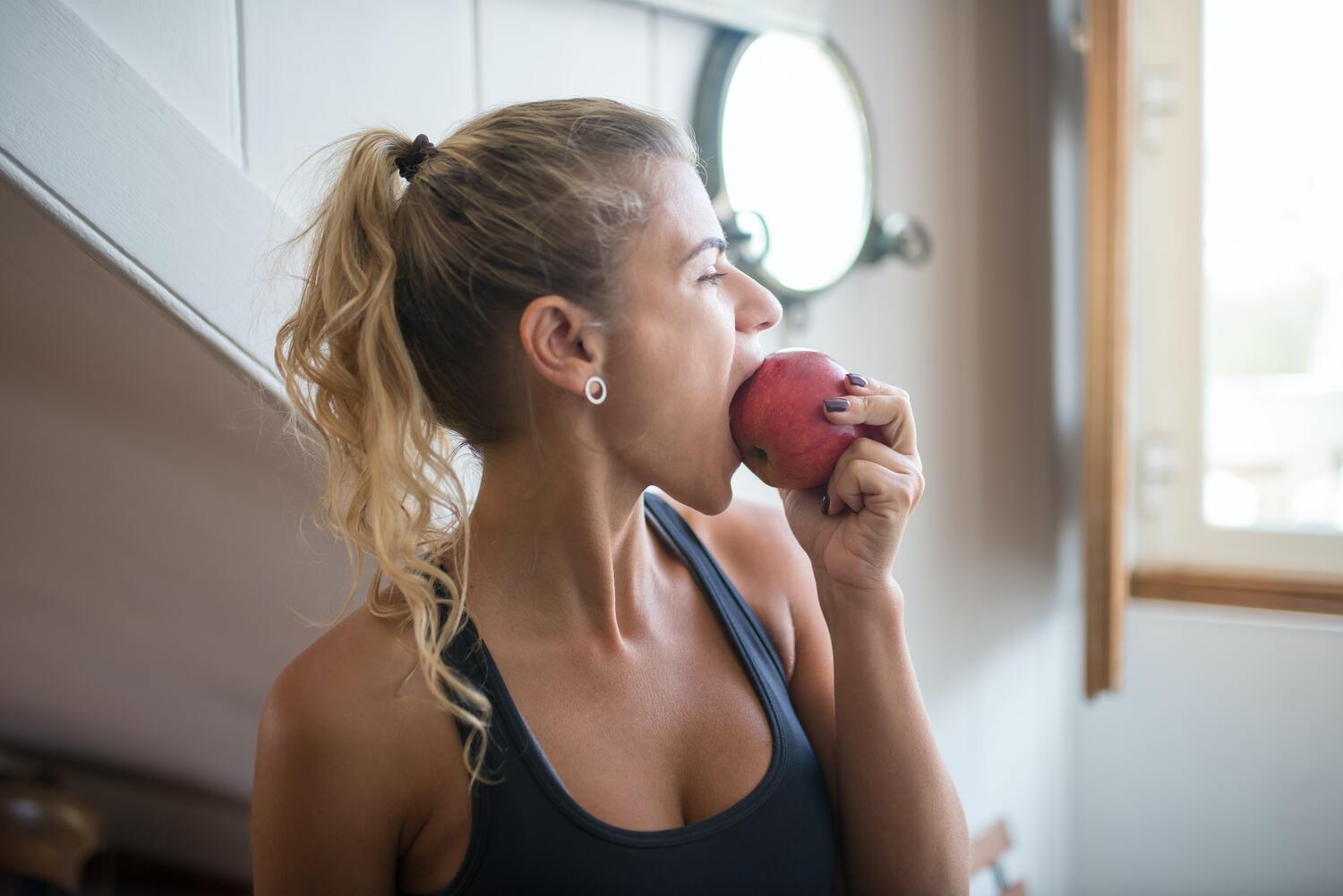Breastfeeding is difficult. It's common to face various hurdles and issues in the early stages of breastfeeding. Most people who give birth for the first time are unaware of the issues that may arise with nursing. Mastitis is one of the issues that can develop while breastfeeding or nursing, when the milk ducts of the breast tissues get blocked.
What Exactly Is Mastitis?
Mastitis is an infection of the breast tissue that frequently occurs among people who are nursing. If it isn't treated properly, it can progress into a serious bacterial infection. Lactation mastitis is a condition that affects just one breast at a time, which can be painful and requires medical attention.
Getting lactation mastitis can also diminish one's milk supply, which can harm their infant. Mastitis occurs in a specific area of the breast where milk collects and causes inflammation. It is more common with people with consistently engorged breasts, and the infection enters the body through cracked nipples.
6 Natural Remedies For Mastitis
Mastitis is a common ailment that can affect people who are breastfeeding. The condition is characterized by inflammation of the breast tissue, which can lead to pain, swelling, and redness. While mastitis can be painful, there are a number of natural remedies that can help ease its symptoms. By following these simple tips, you can get relief from the uncomfortable symptoms of mastitis. Let's take a look at what you can do at home to treat mastitis:

Position of feeding
The feeding position can sometimes be incorrect, which can lead to difficulties in fully emptying the breast. Changing the way you hold your baby when nursing can help you drain the breast. You can also try breastfeeding on your side in bed. This may alter the suction angle, and help improve and open up the milk ducts in the breast, and thereby relieve the stress in your body.
Aside from that, you can always try the football hold. Hold your baby to your side with your elbow bent in this nursing posture, and bring your baby to your breast to feed. This is usually the first option for clogged milk ducts.
Breast massage
Breast massages can be an effective method for treating mastitis. But the breast massage approach is important for addressing the blockage. You can massage your breast with mastitis while feeding your baby, and you start the massage at the nipples.
- Apply your thumb to the afflicted region.
- Maintain milk flow by applying strong pressure to your nipples.
- Look for lumps or hard spots on your breast to determine where you need to put pressure.
- You may also massage your breasts in the shower, but massage in the same way as you would when you nurse.
You can also ask your doctor about the location of your clogged ducts and try massaging that region as well.
Cabbage leaves
You've undoubtedly heard that eating cabbage leaves can helpwith a variety of nursing issues. They can also help with the discomfort and inflammation associated with mastitis. In fact, for breast tenderness and engorgement, cold cabbage leaves are just as beneficial as hot compresses.
In the refrigerator, chill clean, dry green cabbage leaves. You may find it useful to cut them so that they better fit your breasts.
Cover your whole breast with cabbage leaves, except for your nipples, which should remain uncovered. You can also try placing the leaves inside a loose-fitting bra.
Remove the cabbage leaves after 20 minutes (or when they get warm).
Wash your breasts and carefully wipe them dry. Then discard the used leaves (and replace with fresh cabbage leaves if you choose to repeat this process).
Repeat this therapy up to three times a day for a total of 20 minutes. Because cabbage leaves are also used to help dry up milk production, stick to this time limit if you want to continue breastfeeding.
Aromatherapy oils
You can also use aromatherapy oils to treat mastitis. Tea tree oil, for example, includes terpinen-4-ol, a molecule with antibacterial, antifungal, and anti-inflammatory effects. It also helps in boosting the immune system of the area you apply it. You can use the oil topically after diluting it with a carrier oil like olive or almond oil.
Tea tree oil is harmful if you consume it, so be careful to clean any portions of your breast that may come into close contact with your baby's mouth when breastfeeding.

Vitamin C
Vitamin C helps heal wounds and helps the body replenish antioxidants, so it can help in treating mastitis infections. However, before taking any supplements, consult your doctor to ensure that they will not interfere with any drugs you might be taking. You can get your vitamins and other important nutrients easily through tasty smoothies made with peaches, especially if you have vitamin C deficiency.
Vitamin C is an important nutrient that helps the body heal and repair itself. It also helps protect against infection and disease. Unfortunately, many people do not get enough vitamin C through their diets. A simple way to check your vitamin C levels is to take a Vivoo at-home urine test. With Vivoo, you can check on your vitamin C levels in just 90 seconds.
If your levels are low, the Vivoo App will give you personalized advice written by dietitians and nutritionists to increase your vitamin C levels. Taking an Vivoo urine test is a quick and easy way to make sure that you are getting enough vitamin C through your diet.
Use garlic
Raw garlic may work as a broad-spectrum antibacterial and immunological stimulant. Garlic's inherent antibacterial properties can help treat mastitis. The powdered garlic tablets found on supermarket shelves don't work as effectively, so you'll need fresh garlic.
Chop a few cloves into little pieces and eat them like a tablet. Don't like the taste of raw garlic? To mask the flavor, try drinking it with orange juice or milk.
There are many things you can do if you notice early signs of mastitis. So, read over the list above and see if anything helps you feel better. If not, don't hesitate to contact your doctor and get yourself checked. Antibiotics can help without requiring you to stop nursing.
If you are prone to recurring cases of mastitis, try creating a toolbox to prepare for it ahead of time. You might also contact a lactation consultant to see if there is anything you can change in your nursing routine that can help.

















